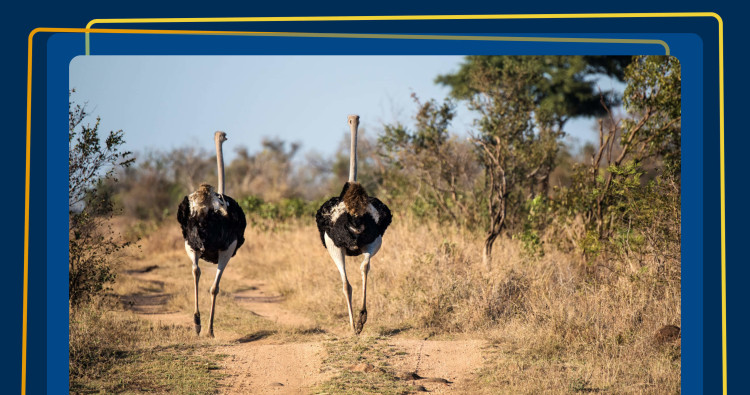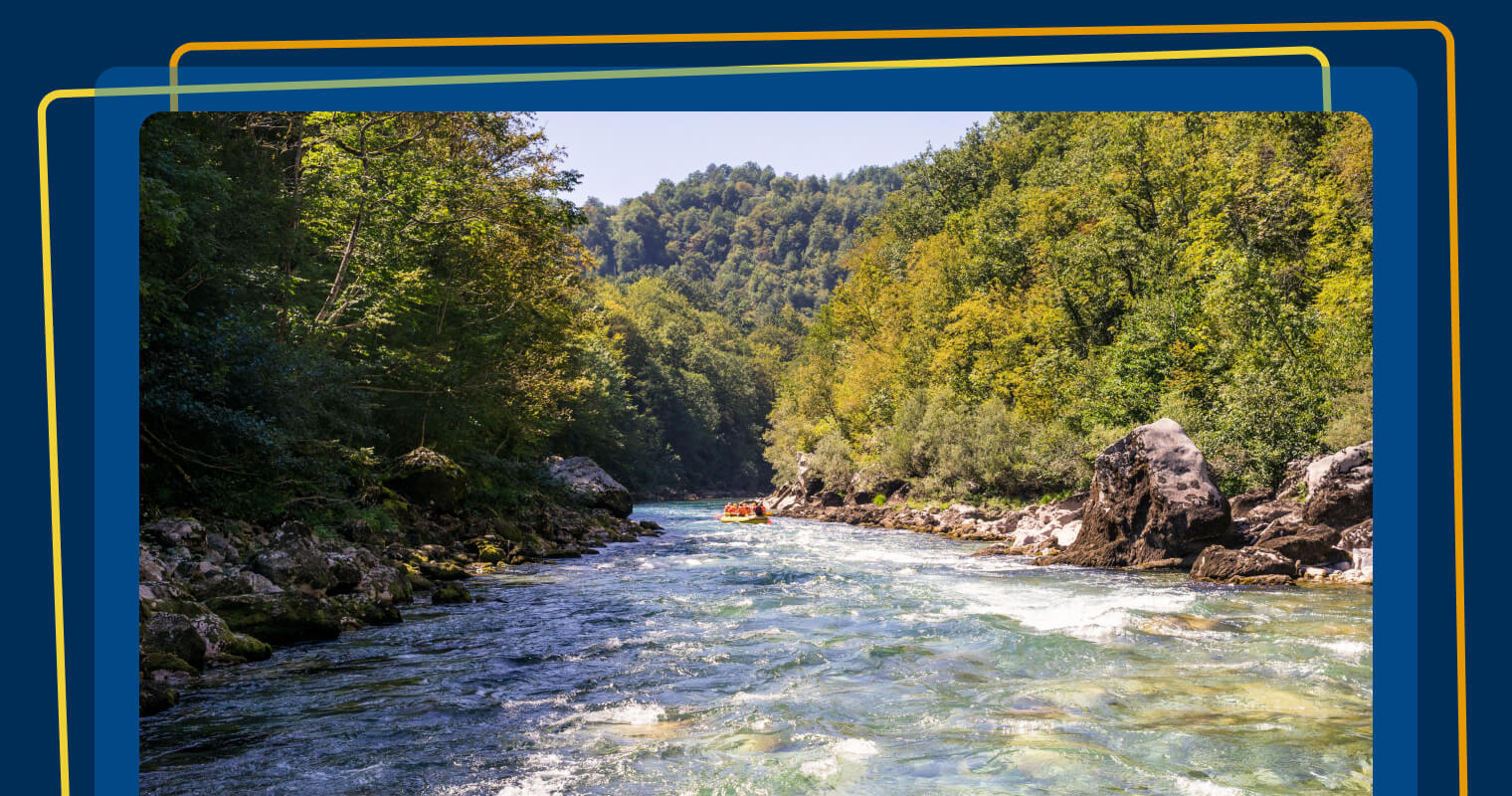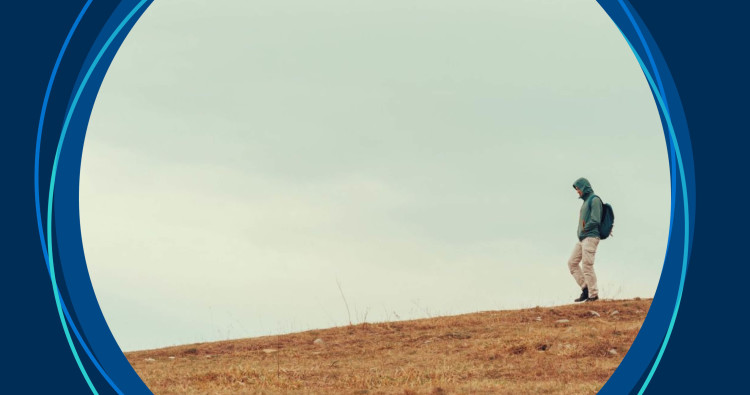
Transparent communication is core to Aha! teamwork. | Photo by Jodi B Photography
Please just tell me 'I don't know'
I remember the moment clearly. It was 1999 — the infancy of SaaS. I had been working nonstop for days on a major launch for a new e-commerce product. And my boss asked me why a customer communication was written as it was. I am being generous — they sort of yelled at me. I looked down and sighed. I then looked back up and said, "I do not know."
Most of us want to always have the answers. But the truth is that there will be times when you just do not know.
That moment was pivotal. My boss realized that I did not know because I was working on other higher priorities based on their guidance. They apologized for the elevated tone of the conversation. I shared how I would dig into the "why" of the customer communication. And I learned that it is perfectly fine to not know (even when someone thinks you should) — as long as you are willing to go find out.
Not knowing is part of living and growing as a person. It can be nerve-wracking in your professional life, though. You might have heard advice to never admit ignorance. If you search online for the best way to tell someone you are unsure of something at work, you will find lots of blog posts offering 10 different ways to phrase your uncertainty without admitting “weakness.”
This guidance does not take into account the reality of doing meaningful work. Every day is full of questions. Status updates, project hiccups, and little fires pop up. Leaders and colleagues seek out information to keep things moving. How did we decide to do this? How does that work? What should we do next?
If you fear appearing ignorant in front of others, you will miss out on the opportunity to learn.
You also rob others of the opportunity to share their knowledge with you. Remember that everyone who is an expert in something today was once a novice — leaders with decades of experience usually know the next step because they have been there before. Each time there is an information exchange, both folks build their skills and proficiencies.
There is nothing wrong with not knowing. Admitting it can even be a strength — reflecting your humility and forthrightness. There is a good way to go about doing so, though.
Rather than just telling your boss or teammate "I dunno," here is what I suggest:
Think deeply about your work
If you regularly ask yourself hard questions, then you will be ready when others do. Engage in all aspects of what you do with critical thinking. This requires true curiosity and being fully present.
Seek clarification
Make sure you understand the question and its intent. Use the mirroring technique and ask it back — the person might be trying to get to other information and just does not know how to phrase it.
Give yourself a few seconds
Sometimes, a little pause will show you the way. Our minds often race when we feel pressure, which makes it hard to think clearly. You can always tell your teammate that you need a few moments to think and will get back to them.
Recognize that not knowing is not a weakness
Do not be ashamed. Do not be defensive. You might feel like your confidence will take a hit if you reveal weakness. But truthfulness is actually powerful, showing your self-awareness and maturity. Transparency builds trust.
Admit when you just do not know
Avoid wasting everyone’s time by guessing or obfuscating. Plainly share that you are (as yet) unaware of the answer. It is better than making something up — even if you really should know the answer. (Although it is best not to habitually not know what you absolutely should.)
Articulate what you will do to find out
If it is possible for you to uncover the answer in time, then say so. Explain that while you are not sure at this moment, you will be tracking down the details.
Follow up with learnings quickly
Keep your colleagues informed. When you have the needed info, share it back — along with the original question for context. If you run into delays, be sure to let folks know. No one likes to be left wondering.
There is wisdom in the realization that one person cannot know everything. Get comfortable not knowing so you can make room for more knowledge.
The highest-achieving people who I have worked with over my career were never hesitant to say “I do not know.” The difference between them and many others is that they had deep resiliency — certainty that one knowledge gap did not define their overall capabilities. And they were tenacious about finding the answers to those unknowns.
So the next time you feel a twinge of unease when someone probes in an area where you are unsure, embrace the feeling as excitement instead of fear. I do not know a better way to keep becoming a better version of yourself.
Aha! is hiring exceptionally curious people for open roles right now.




